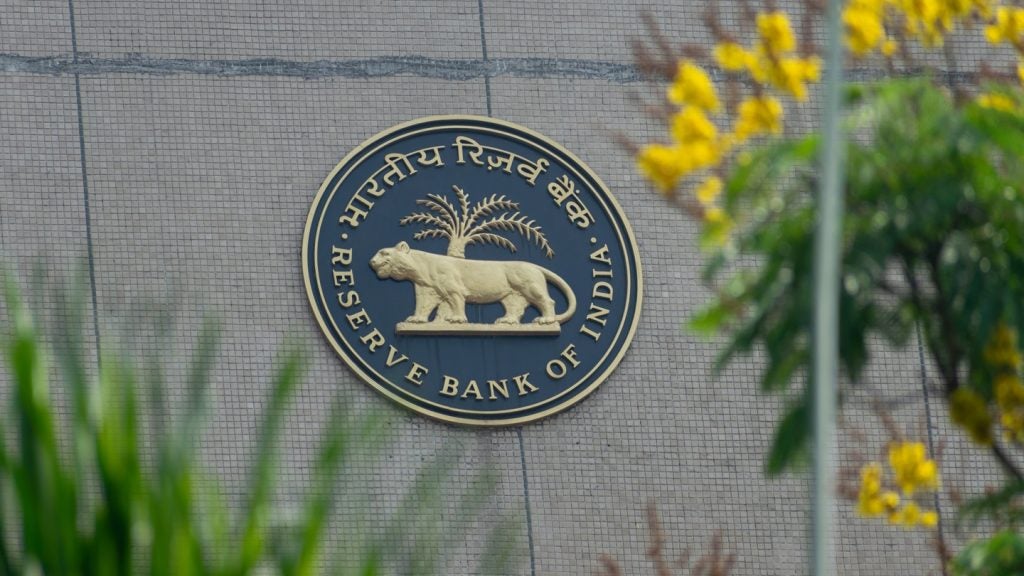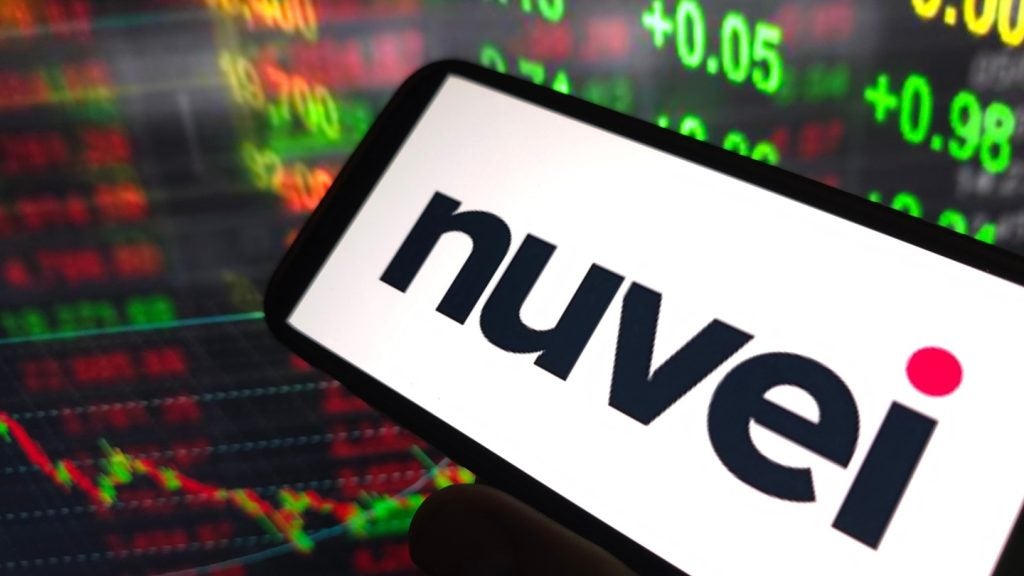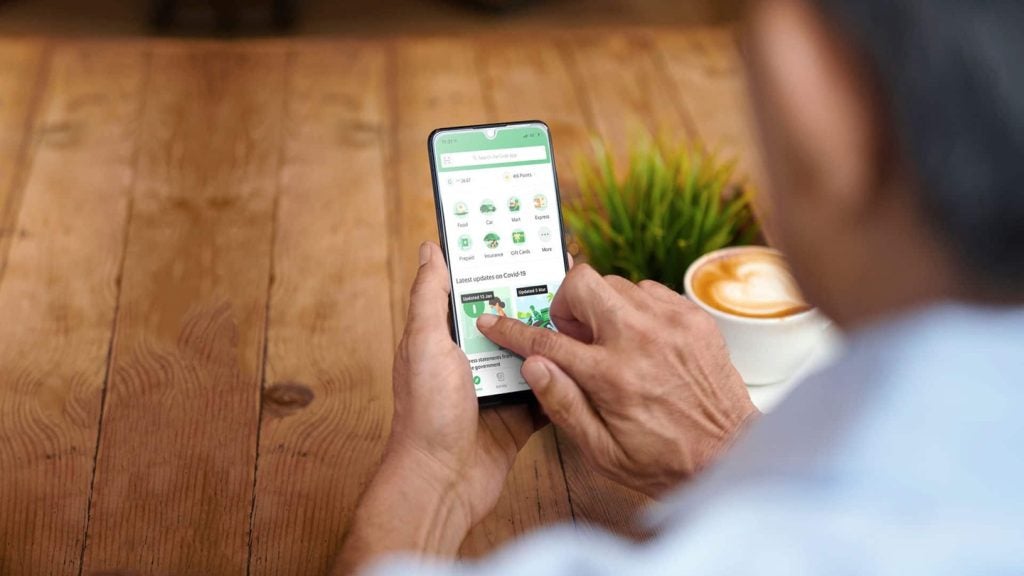Vodafone has cleverly used the free cashless marketing push from the Apple Pay and contactless on the London underground role out to give its labouring SmartPass a much needed boost. Billy Bambrough looks into the launch of the NFC payment tech
Vodafone announced that it would bring its NFC mobile payments app to the UK to coincide with the role out of open loop contactless card acceptance on the underground. Already accepted on buses, replacing the time consuming cash, the contactless debit cards will be able to be used alongside the pre-existing Oyster closed loop system.
Transport for London (TfL) has been heavily marketing its adoption of NFC and it makes sense for Vodafone’s effort to try gain some speed in the slipstream.
One blunder Vodafone has made is not to make use of the inbuilt NFC capabilities of many Android devices, requiring customers who already have an NFC enabled machines to apply a gawdy sticker blaring the SmartPass name and logo – something that will almost certainly put off a significant proportion of the market whose £500 smartphones are as much of a fashion accessory as they are an utility device.

This kind of thing is not going to stop Vodafone though, Vodafone has big plans for the service. When SmartPass launched in the Netherlands in March CEO of Vodafone Netherlands, Rob Shuter, said: "Within five years we anticipate that Dutch people will use their phone as their primary payment device. Today, we have taken an important step in making physical wallets superfluous, which is one of our driving ambitions for the future."

US Tariffs are shifting - will you react or anticipate?
Don’t let policy changes catch you off guard. Stay proactive with real-time data and expert analysis.
By GlobalDataVodafone has been gradually rolling out the SmartPass app across Europe as part of its Vodafone Wallet service, which was first launched in Spain in November 2013, before spreading to Germany and the Netherlands in March 2014 and Italy in April 2014.
Users can top up their SmartPass accounts using their debit or credit cards no matter which bank they use, and can make payments wherever they see a contactless terminal.
Vodafone’s mobile wallet is the first European mobile payment service built on the GlobalPlatform open standard, the carrier said upon the launch of Vodafone Wallet, making it easy for organisations, including banks, retailers and transport companies to host services in the wallet.
This may not be enough however with the news that Apple is going to make the NFC capability on its latest iPhone exclusive to Apple Pay, the telecos are stuck having to offer unappealing stickers for peoples mega expensive handsets.
Is EE taping out of cashless?
On the face of it EE is going to be refocusing on its Cash on Tap app, following the scale back of its operations through the Weve joint venture. EE (formed by the merger between Orange and T-Mobile), an early adopter of NFC partnering with MasterCard since July 2013 on Cash on Tap, has now extended its service to cover mobile payments made across London’s transport network.
Similar to Vodafone’s smartpass, EE hopes to capture a slice of the mobile payments market though the boost mobile payments from TfL and Apple Pay.
Pippa Dunn, Chief Consumer Marketing Officer, EE says: "The TfL network carries more than 30 million journeys around the capital every day, and contactless payments can help make these journeys easier and quicker for London’s residents and businesses.
"This is why EE has continued to work so closely with TfL and MasterCard to bring the ease and efficiency of contactless mobile payments to London’s Tube, tram, DLR, London Overground and National Rail services that accept Oyster."
EE were tied up with the Weve joint venture between EE, O2 and Vodafone, but has had its ‘wave and pay’ service abandoned by the networks six months before its release after they could not fully agree on the app’s functionality.
Weve gives in on the back of Apple Pay NFC iPhone exclusivity
Early this year the ominous announcement that Weve founding CEO David Sear had jumped ship to online payment company, Skrill was the first in a torrent of trouble for the JV.
First unveiled back in 2012 under the name Project Oscar and originally pitched as a SIM-based platform for mobile NFC payments, the platform was later recalibrated to initially concentrate on building a clearing house for business-to-consumer mobile marketing.
However, in February a deal was struck with MasterCard to push ahead with the payments plan. Weve promised to clean up the "mess" of mobile commerce and bring NFC-based m-payments to the masses by tapping into the relationships that MasterCard has with banks to let customers link their card accounts to their handsets through their bank apps.
News of the U-turn comes in the wake of Apple Pay’s launch and the NFC exclusivity on the iPhone, which would have effectively killed off the chances of Weve making any inroads with iPhone owners.








